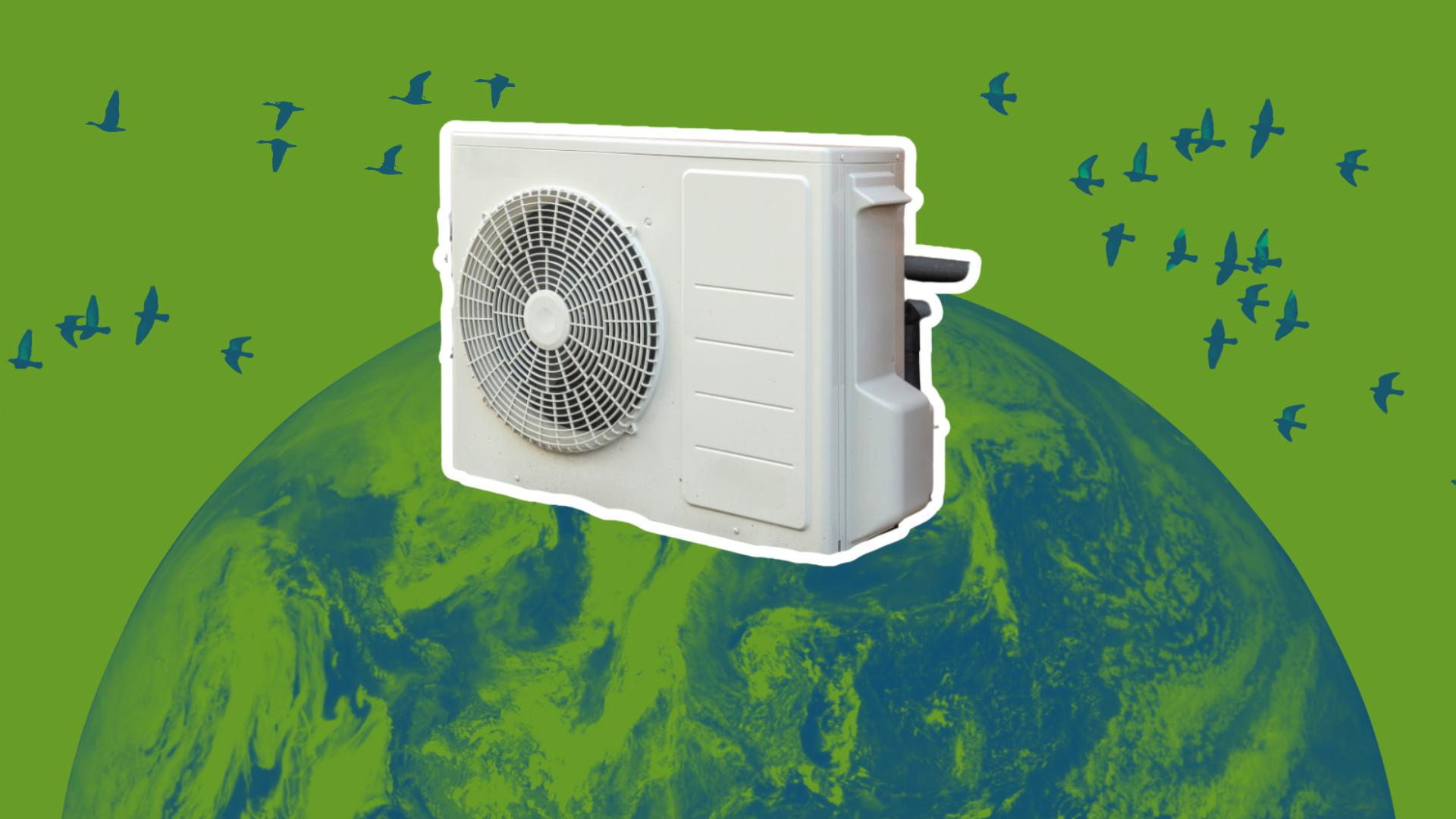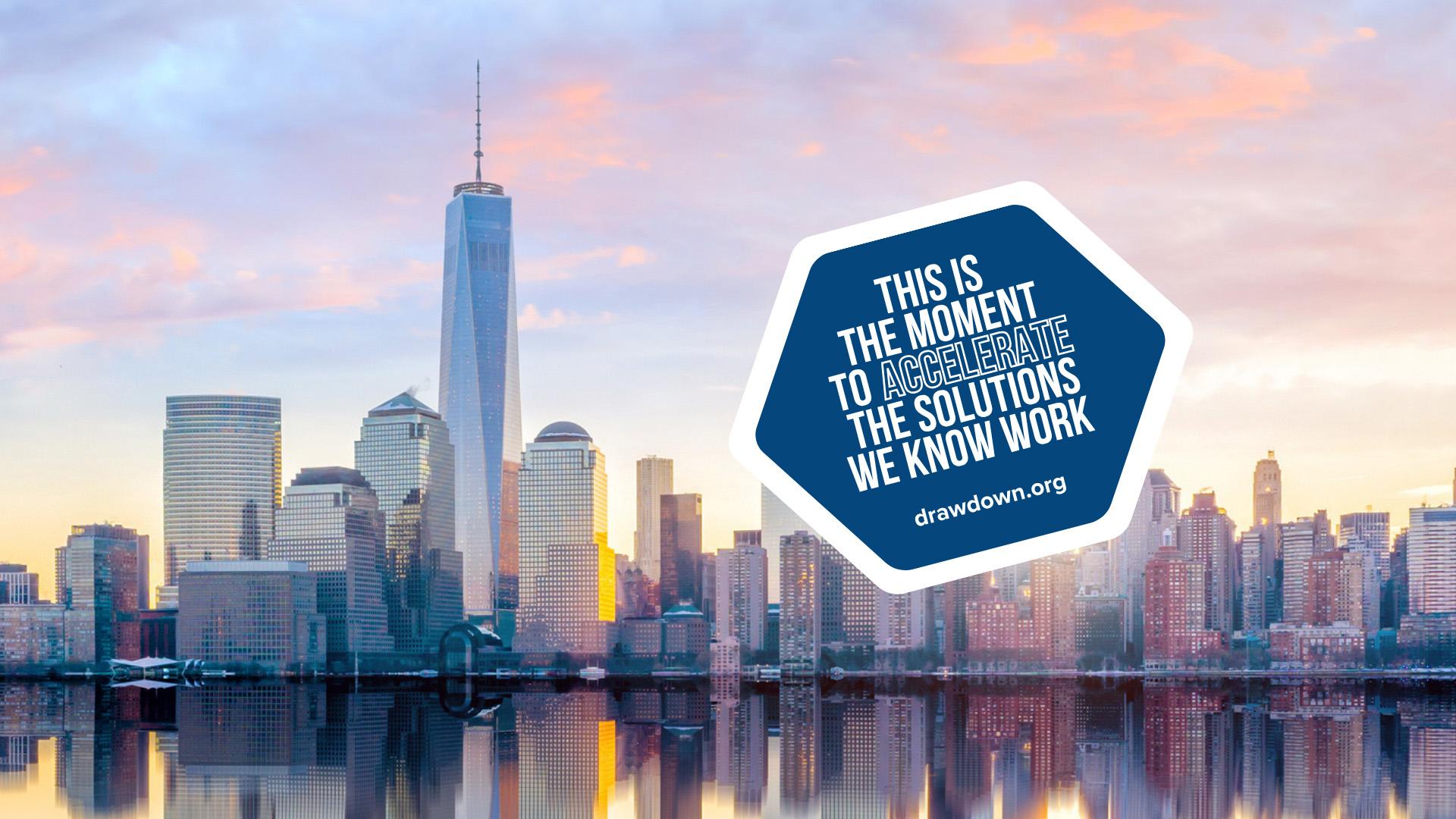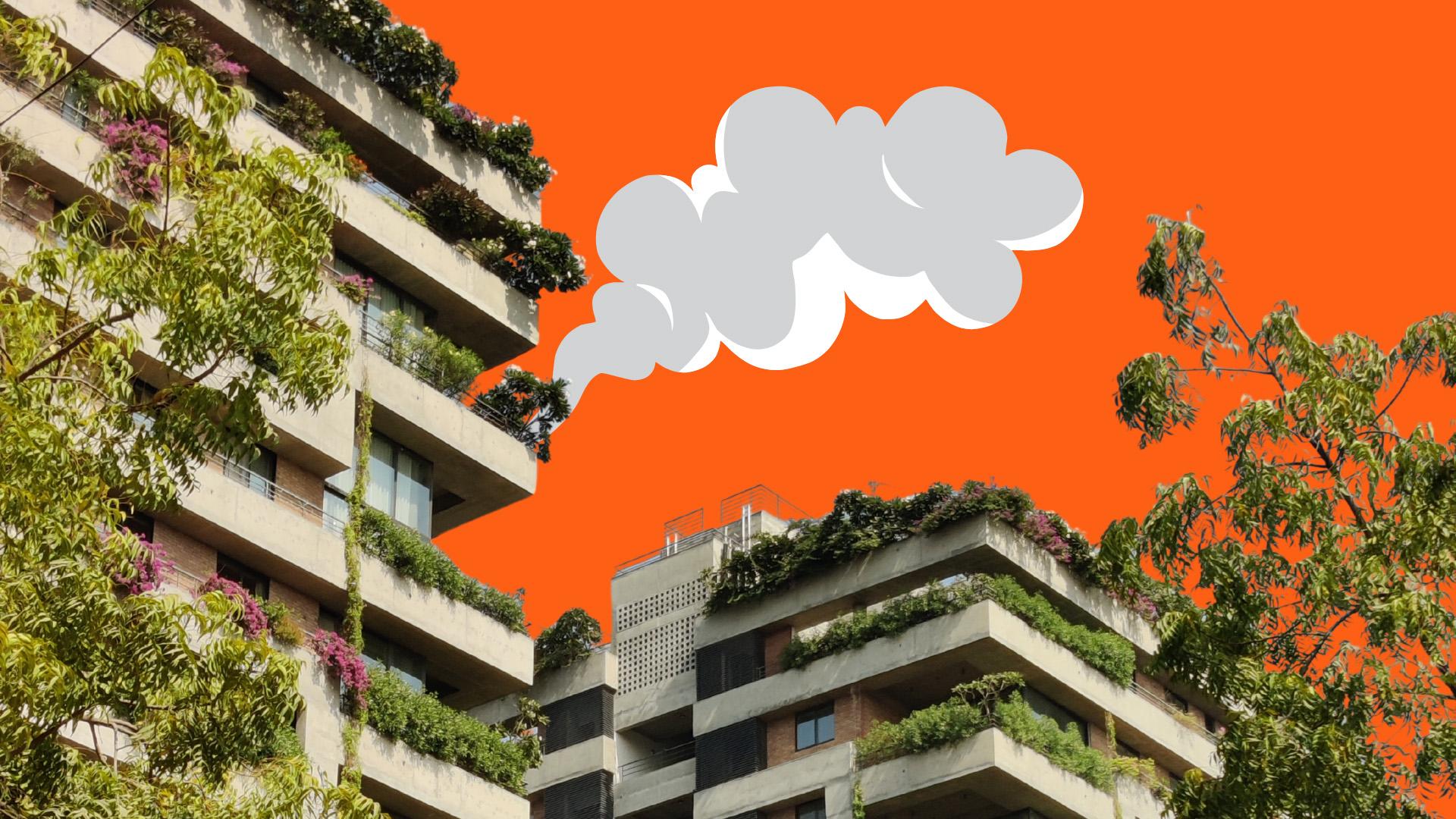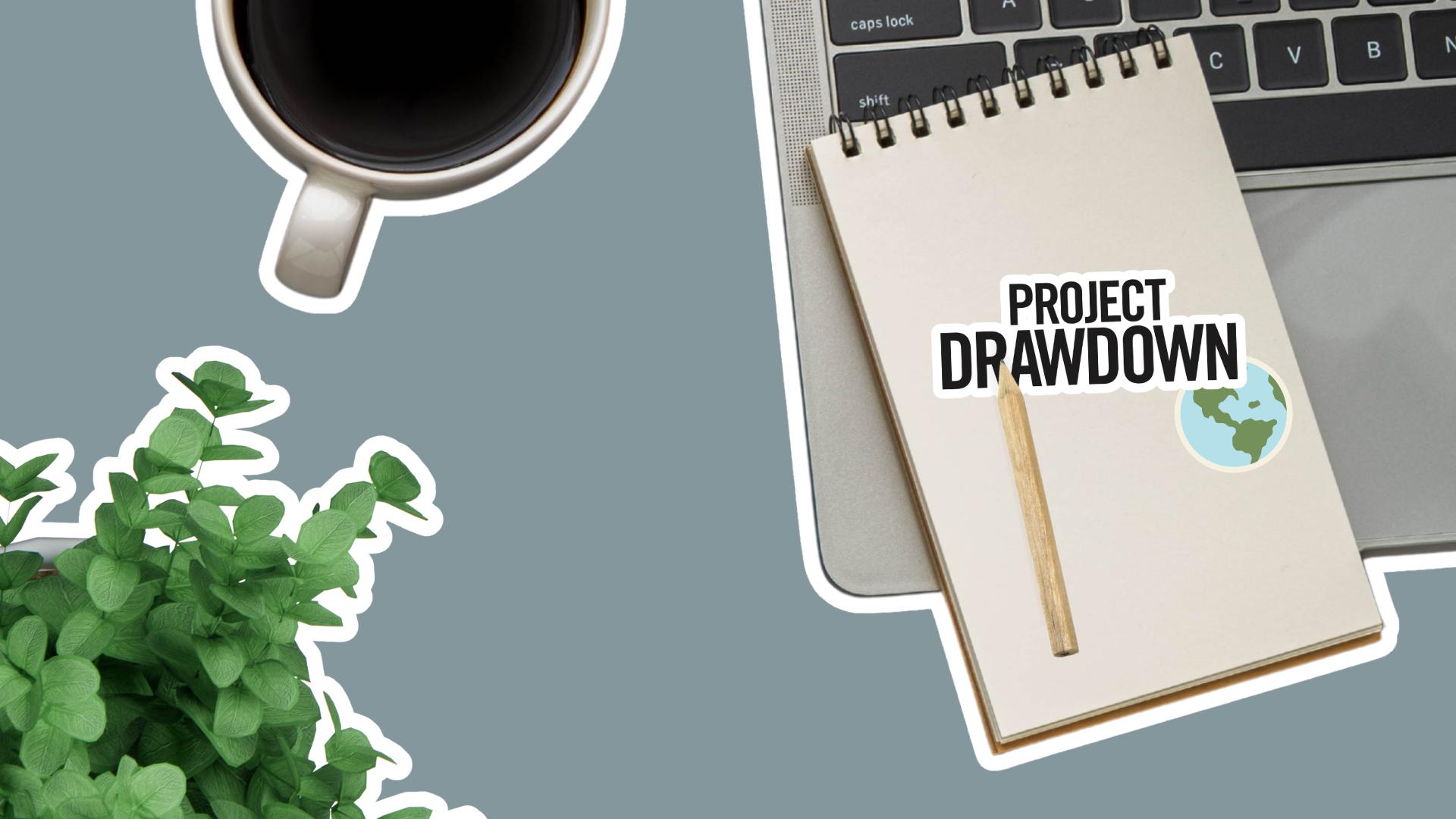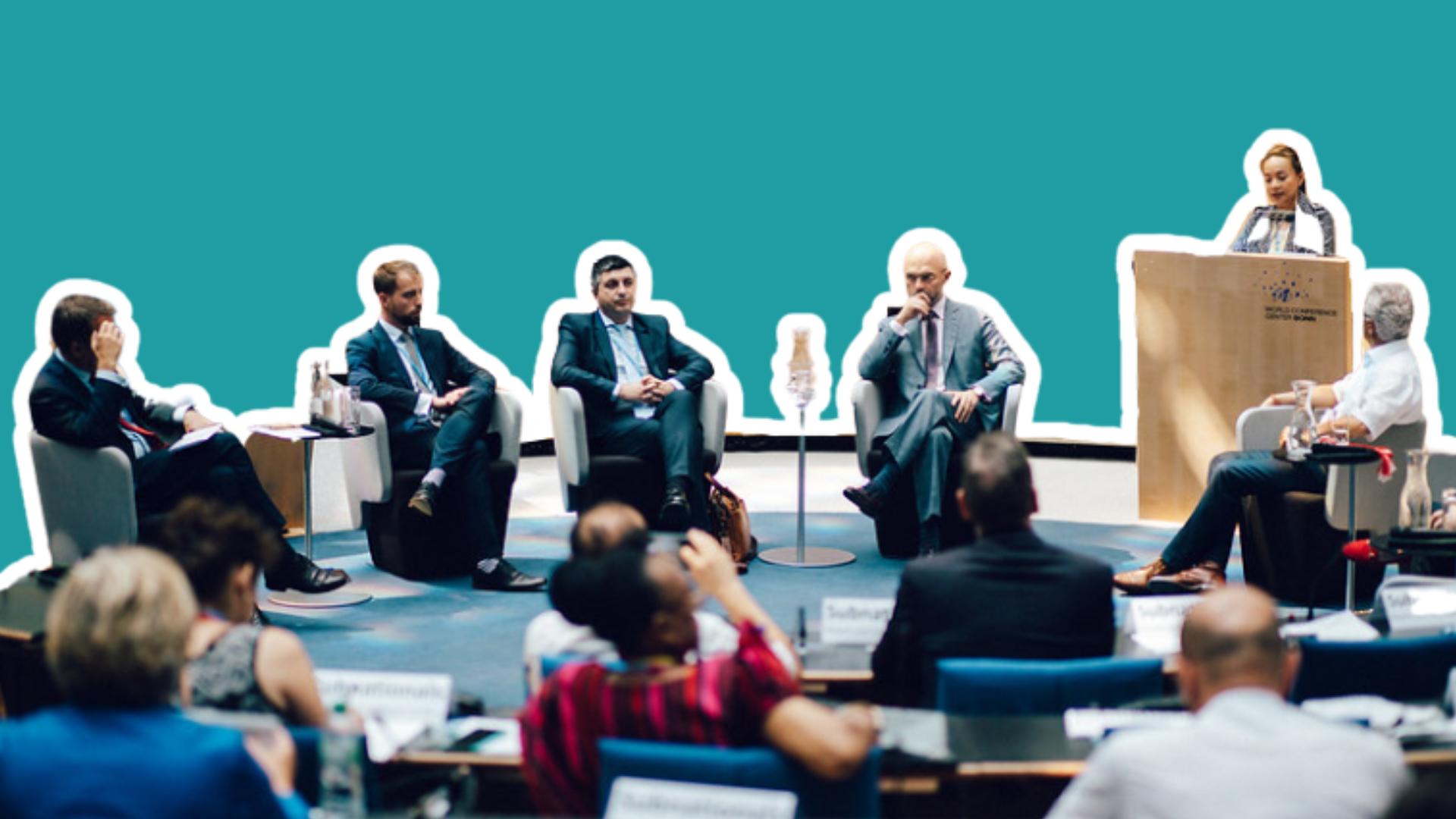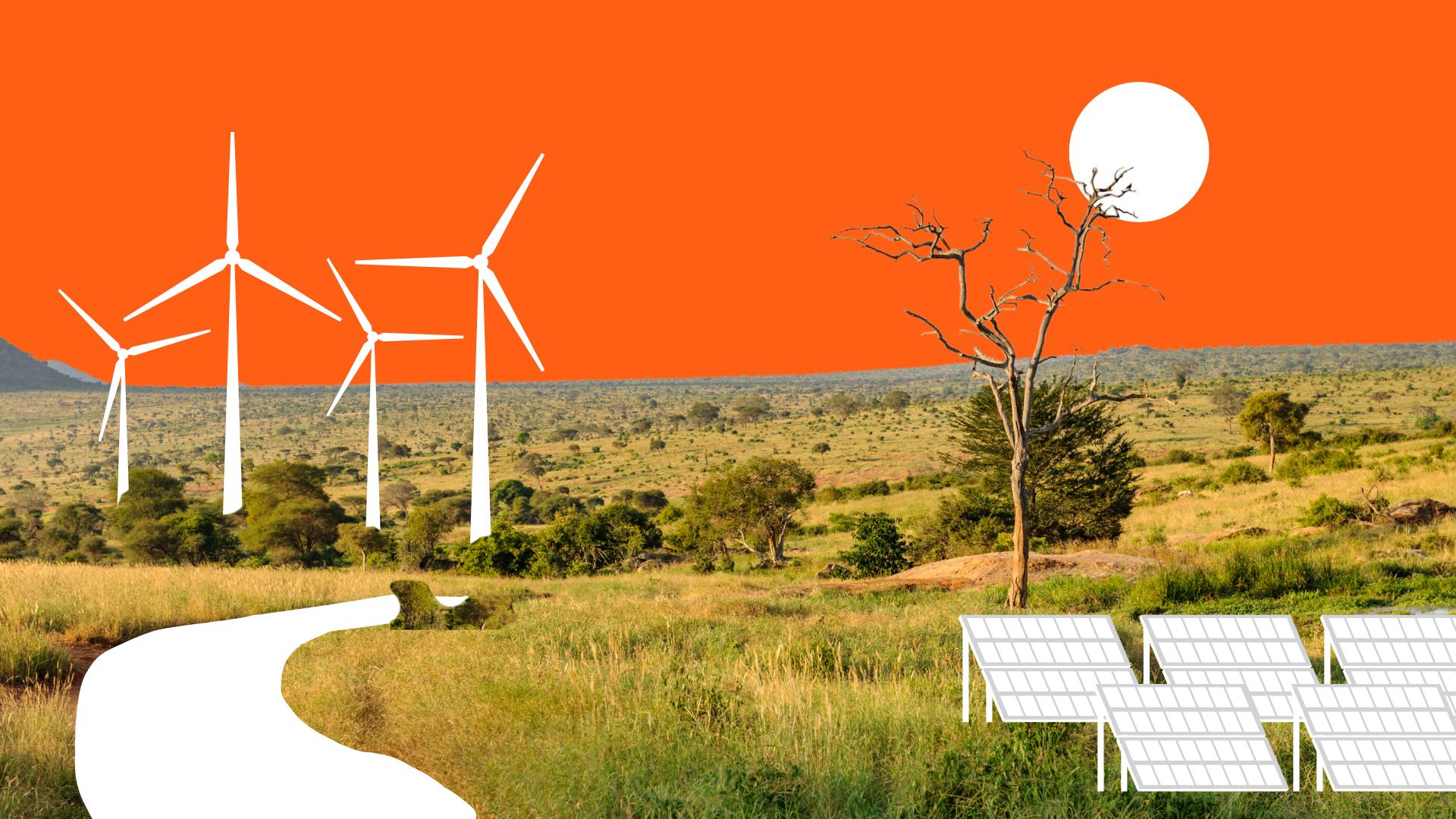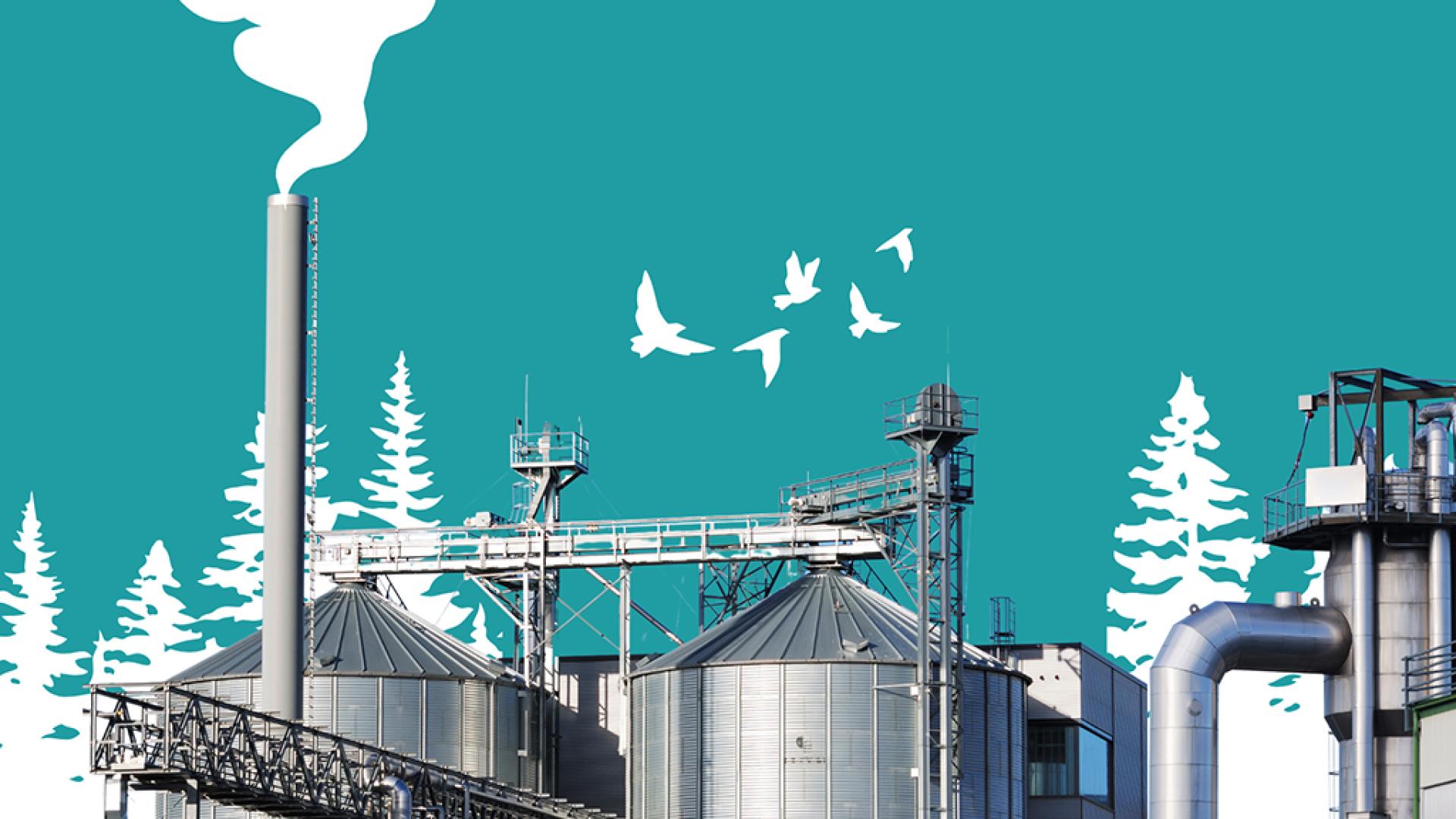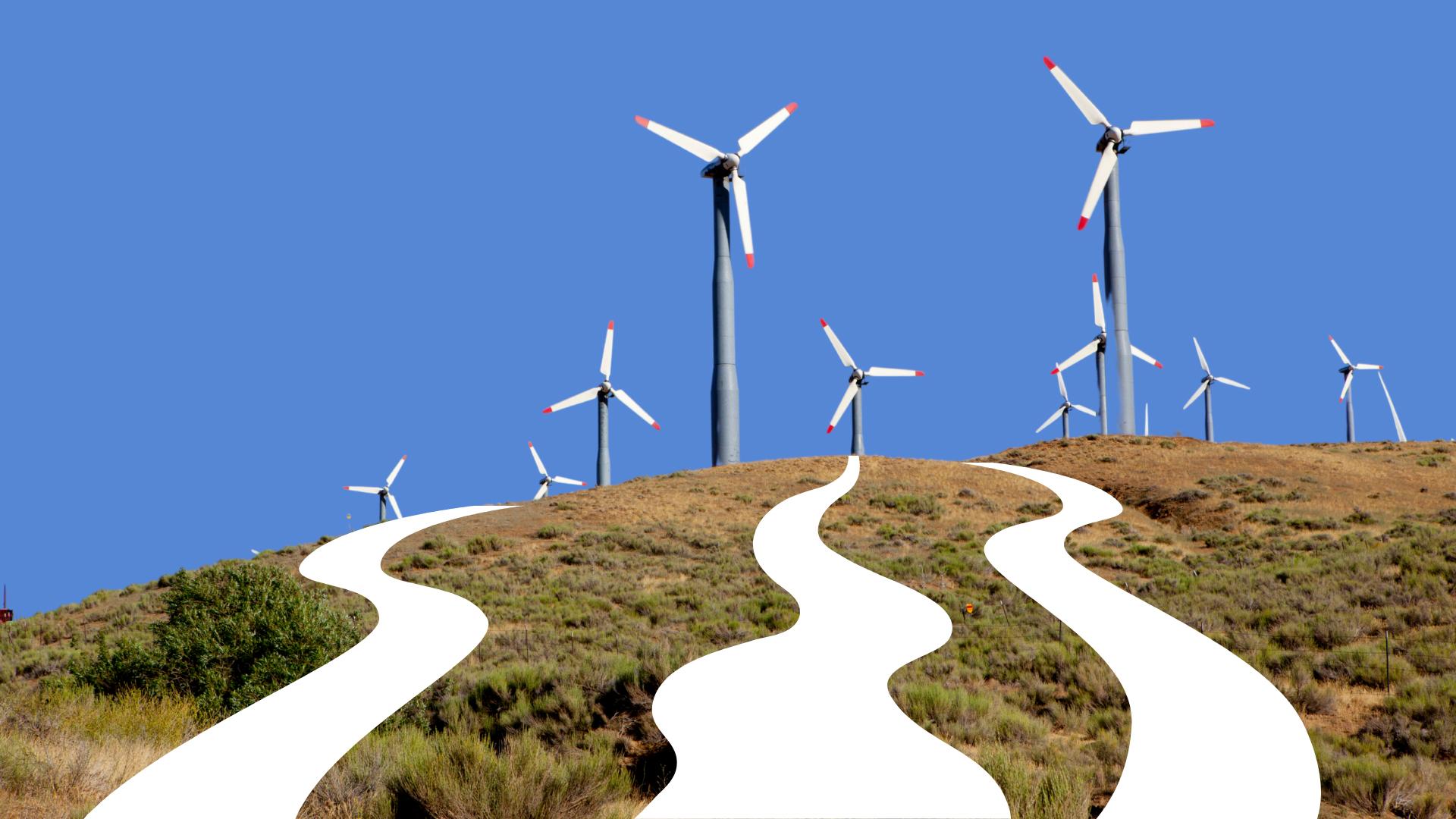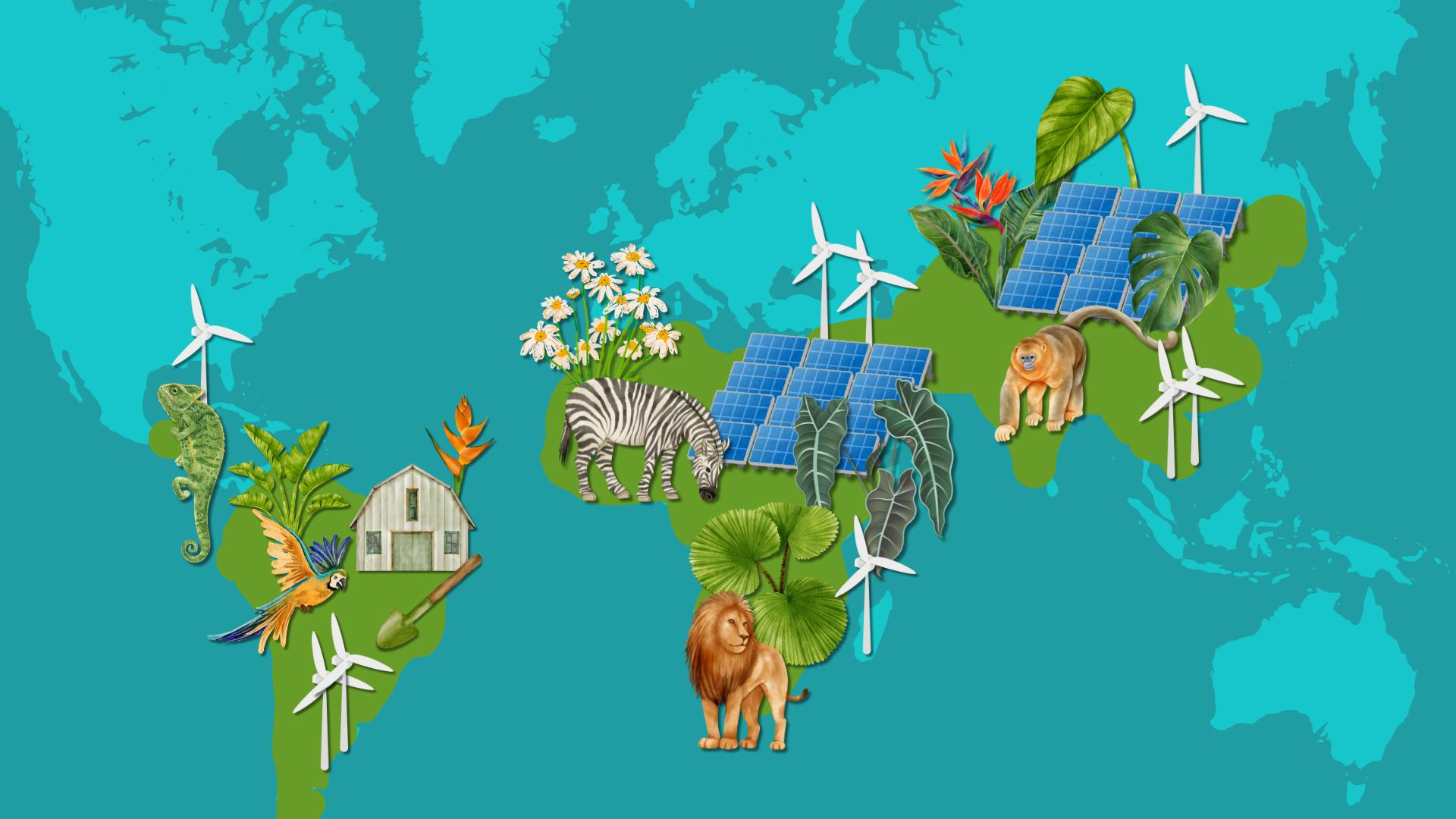Community power drives climate solutions
What happens when communities get serious about climate change?
Project Drawdown director of storytelling and engagement Matt Scott recently hosted a conversation to answer that question as part of the Drawdown Ecochallenge and a three-part dialogue centering communities, schools, and businesses. Joining this conversation on community power were Elizabeth Ellman, Sustainability Programs Coordinator at the City of Bexley, as well as Drawdown’s Neighborhood climate heroes Veni Mittal, energy and sustainability analyst at JLL and board of directors member at the Etna Community Organization; Whitney Terrill, environmental justice organizer at Sierra Club; and Tinice Williams, executive director at Feed the Secondline.
The webinar, titled “Community Power: Working Together for Climate Solutions,” and the audience in attendance signify the importance of community engagement in implementing climate solutions. The below insights shared by our panelists emphasize how intertwined our community lives are with the health of our planet.
Top Takeaways:
- Climate solutions are rooted in community engagement. By harnessing local knowledge and creating opportunities for people to get involved, we can encourage collective action. The key is to make the journey meaningful and collaborative. Youth are among those leading the way with their enthusiasm and willingness to make a difference.
- Communities bearing the brunt of climate change – including Black communities, Indigenous communities, and communities of color – are vital in crafting solutions. By providing essential resources and information, we empower our communities to tackle climate challenges head-on. Collaborative action is the roadmap to a brighter future.
- At the grassroots level, community power shines brightest. Spaces like libraries can be hubs for shared learning and community-driven initiatives, ensuring climate change solutions are equitable and inclusive.
- Communities are the narrators of the climate change story. The approach to sustainability should be intersectional, tying it to daily concerns like economic development, safety, and transportation. Consistent engagement with youth and framing solutions in a culturally-informed, inclusive manner is essential.
- Effective change necessitates diverse perspectives. By meeting people where they are, understanding their priorities, and linking them with climate concerns, we create holistic, impactful solutions.
If you missed the session or wish to revisit it, you can watch the recording here. While there, be sure to subscribe to the Project Drawdown YouTube channel. Share these key takeaways with your friends, family, and colleagues, and inspire them to be part of the change.
Three Things You Can Do NOW:
- Share the webinar recording with others and broaden the conversation on community-powered climate solutions.
- Engage in local initiatives and projects that foster community-driven sustainability.
- Use the below to reach out to our panelists, connect with them, and get involved in their projects.
- Connect with Elizabeth on LinkedIn and follow her work on the Green Bexley website, Instagram, and Facebook.
- Connect with Veni on LinkedIn and check out the Etna Community Organization, in addition to watching her episode of Drawdown’s Neighborhood: Pittsburgh.
- Connect with Whitney on Linkedin and learn more about her work at the Sierra Club North Star Chapter, in addition to watching her episode of Drawdown’s Neighborhood: Twin Cities.
- Connect with Tinice on LinkedIn and get involved with her organization Feed the Secondline – including their NOLA Full Circle anti-violence campaign – in addition to watching her episode of Drawdown’s Neighborhood: New Orleans.
Thank you for your continued engagement. Together through community power we can forge a sustainable path for generations to come.
This post is part of a conversation series hosted alongside the Drawdown Ecochallenge, a collaboration between Project Drawdown and Ecochallenge. To learn more and register for Drawdown Ecochallenge, visit drawdown.ecochallenge.org.
Press Contacts
If you are a journalist and would like to republish Project Drawdown content, please contact press@drawdown.org.

